The Consumer Research Group (CRG) has a number of activities planned over the coming months, which it would like to inform colleagues about.
Forthcoming Events
1. Interdisciplinary Research Week – May 13th, 12-2pm, Barnes LT, Talbot Campus
As part of this week of events, Juliet & Jeff (Management School), Janice (Media) and Siné (Science & Technology) will be presenting on interdisciplinary research in Consumer Behaviour. The event will start with lunch at 12 followed by our presentation at 12.30. All are welcome to attend.
Contact: Juliet Memery is hosting this event so please contact her if you have any queries or just come along!
2. Ideas Camp – 11th June, Russell-Coates Museum
Most of you will have seen Janice’s email about this. The idea is to have a day away from Campus when we can meet together as a group and start to think about working on research together. We hope that each of us will emerge with the beginnings of a research project that we can take forward.
Contact: Janice Dengri-Knott is hosting this event so please contact if you have yet to book a place on this event. We already have 20 bookings so please hurry as we may soon reach capacity for this event.
3. Making Contact with Business Event – 23rd June, Venue: TBA, Talbot Campus
As we work out our research we may wish to make contact with business in order to seek funding or work with industrial partners. Jayne Codling, Liam Toms and Rachel Clarke have kindly agreed to give a short workshop introducing you to how you might go about this. Many of you will have been involved with business previously but this will provide an up-to-date picture of how this is working at BU currently.
4. Writing effective research grants and getting research grant support – TBA, September
5. Speaker Series
Speakers are now being booked for September, November and January. We hope to be able to hold these in the early evening to allow both academics and business contacts to come along. Our aim is to provide high profile speakers talking on interesting/controversial subjects. More news will follow shortly.
Best wishes
Siné, Juliet, Janice & Jeff




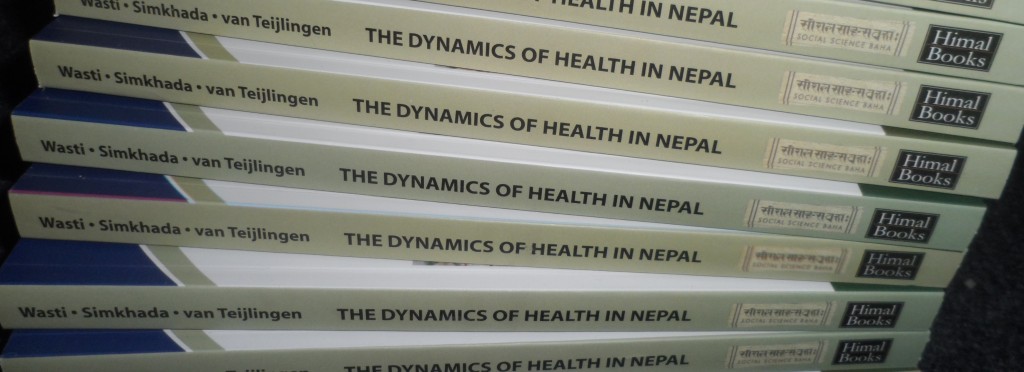

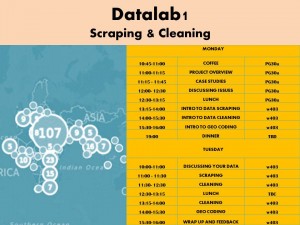
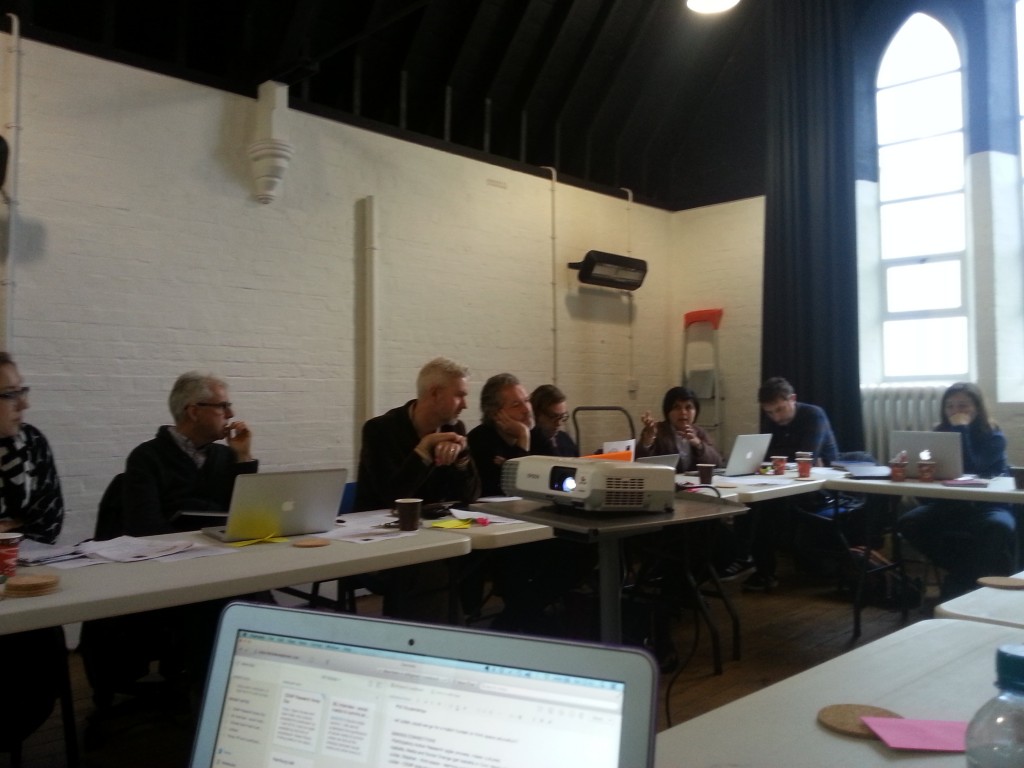
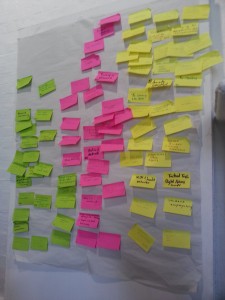
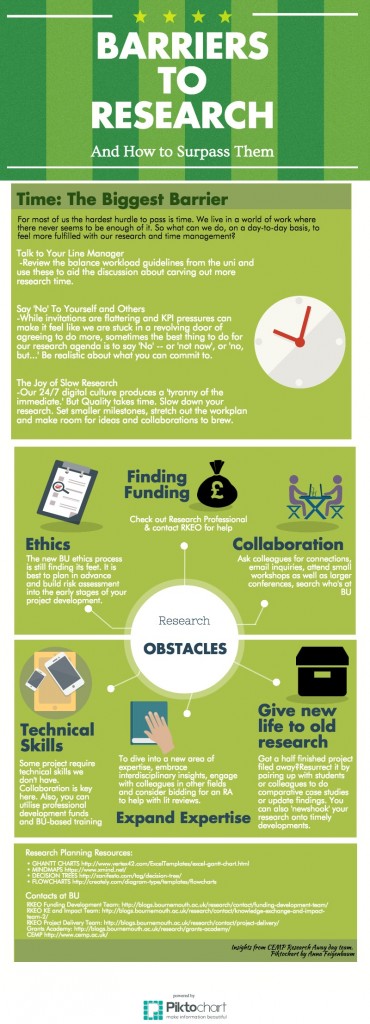

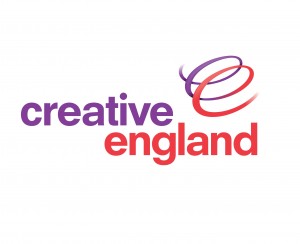















 Fourth INRC Symposium: From Clinical Applications to Neuro-Inspired Computation
Fourth INRC Symposium: From Clinical Applications to Neuro-Inspired Computation Writing policy briefs
Writing policy briefs Upholding Excellence: The Concordat to Support Research Integrity
Upholding Excellence: The Concordat to Support Research Integrity Today’s Documentation Will Serve Tomorrow’s Justice
Today’s Documentation Will Serve Tomorrow’s Justice ECR Funding Open Call: Research Culture & Community Grant – Application Deadline Friday 12 December
ECR Funding Open Call: Research Culture & Community Grant – Application Deadline Friday 12 December MSCA Postdoctoral Fellowships 2025 Call
MSCA Postdoctoral Fellowships 2025 Call ERC Advanced Grant 2025 Webinar
ERC Advanced Grant 2025 Webinar Horizon Europe Work Programme 2025 Published
Horizon Europe Work Programme 2025 Published Horizon Europe 2025 Work Programme pre-Published
Horizon Europe 2025 Work Programme pre-Published Update on UKRO services
Update on UKRO services European research project exploring use of ‘virtual twins’ to better manage metabolic associated fatty liver disease
European research project exploring use of ‘virtual twins’ to better manage metabolic associated fatty liver disease